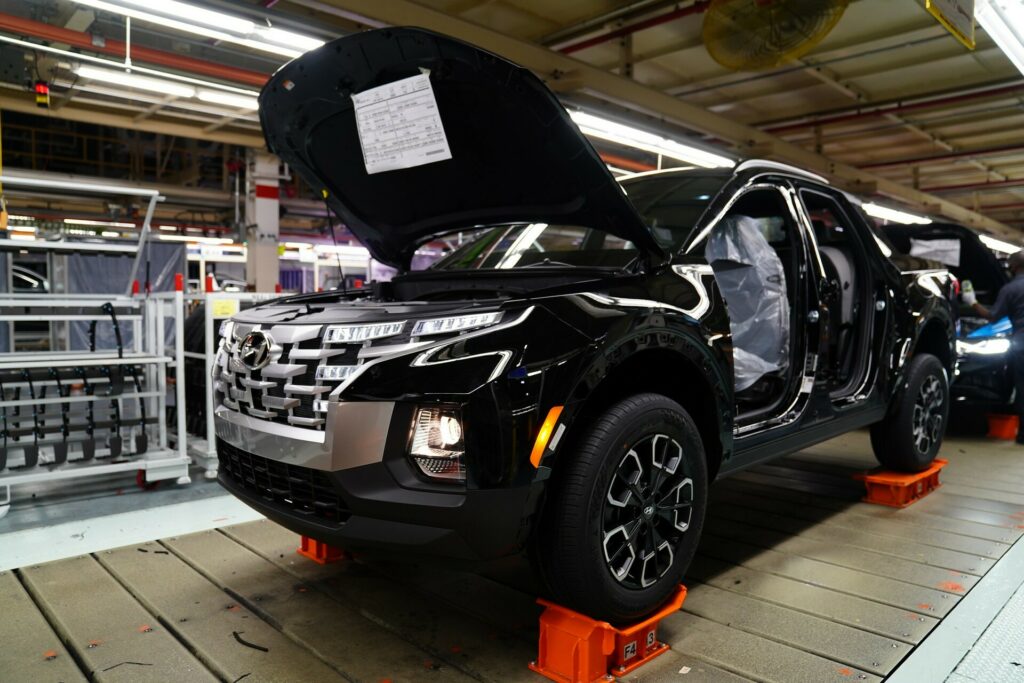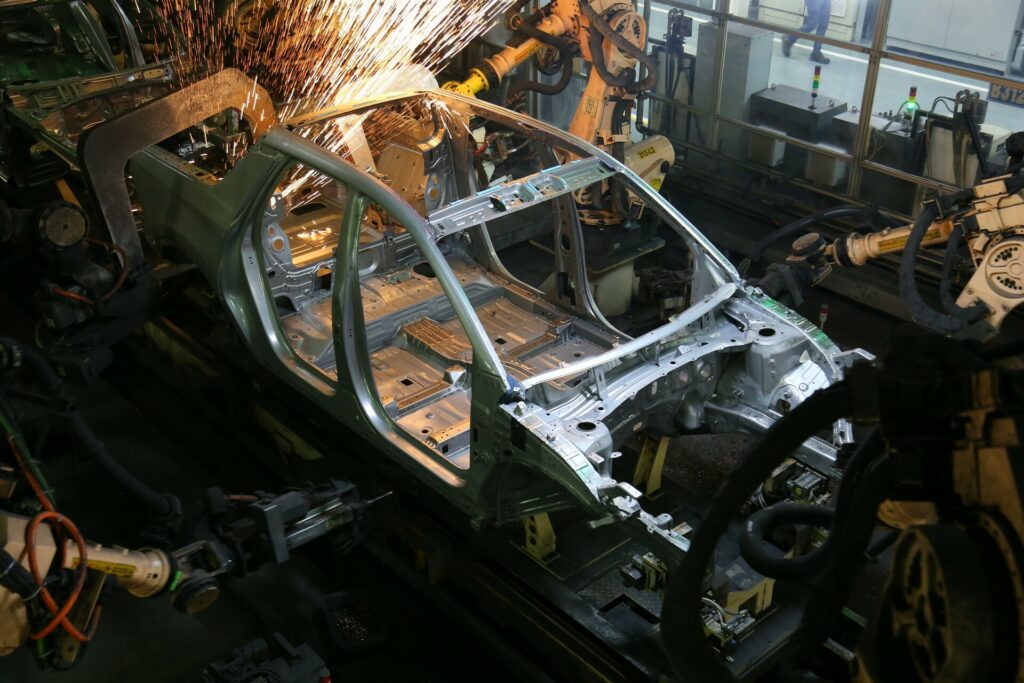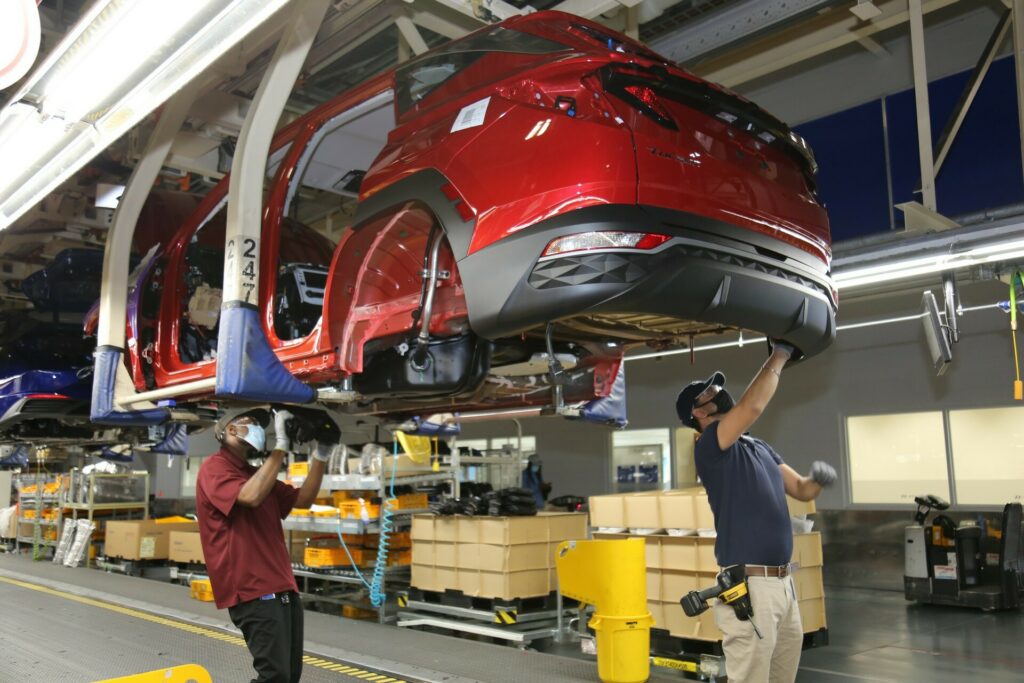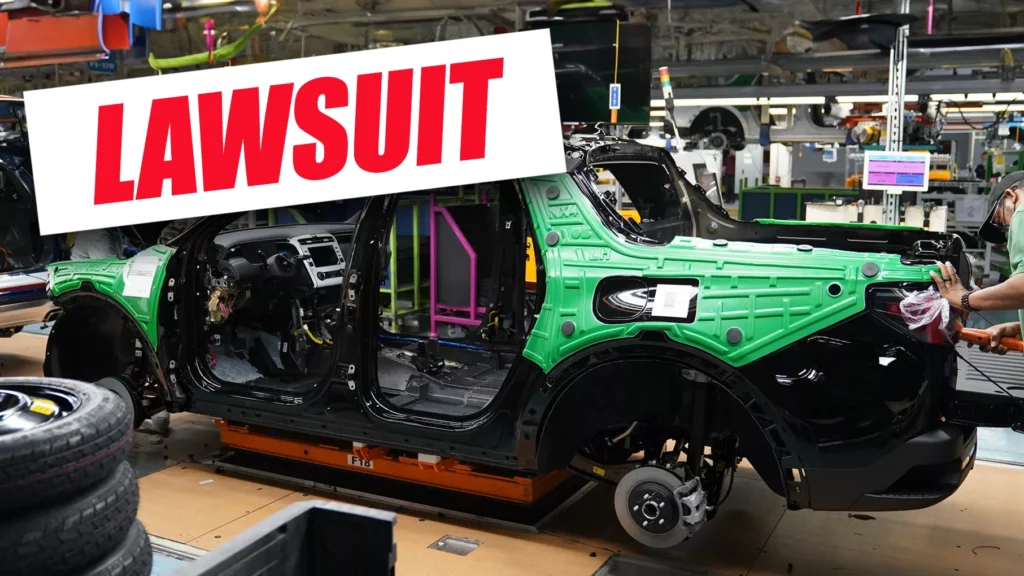- The U.S. is suing Hyundai as well as two other companies for using child labor.
- The government alleges a 13-year-old was working up to 60 hours per week building body panels at a supplier for Hyundai.
- While Hyundai doesn’t appear to have been directly involved, they owned a majority stake in the supplier and had significant sway over it.
The U.S. Department of Labor has sued three companies, including Hyundai Motor Manufacturing Alabama, to prevent them from “employing children illegally.” The government is also seeking to seize all profits related to the “use of oppressive child labor.”
The lawsuit follows a government investigation, which found a 13-year-old was working up to 50-60 hours per week on an assembly line in Luverne, Alabama. They were operating machines, which turned sheet metal into body panels.
More: Hyundai To Ditch Alabama Parts Factory Following Child Labor Scandal
While Hyundai is being sued, the company doesn’t appear to have been directly involved as the government said “Best Practice Service sent the child to SMART Alabama, which provided component parts to Hyundai Motor Manufacturing Alabama.”
As you can probably tell, Best Practice Service was a staffing company, which sent the 13-year old to work on an assembly line at SMART Alabama, which produced parts for Hyundai. Despite that, the government alleges that “all three companies jointly employed the child.”
The government alleges the companies “willfully and repeatedly violated the child labor provisions of the Fair Labor Standards Act” between July 11, 2021 and February 1, 2022. The Department of Labor also alleges violations of the “hot goods” provision, which focuses on goods produced in violation of the Fair Labor Standards Act.

According to Wage and Hour Division Administrator Jessica Looman, “A 13-year-old working on an assembly line in the United States of America shocks the conscience. As we work to stop illegal child labor where we find it, we also continue to ensure that all employers are held accountable for violating the law.”
Solicitor of Labor Seema Nanda doubled down on that by saying, “Companies cannot escape liability by blaming suppliers or staffing companies for child labor violations when they are in fact also employers themselves.” That’s a not so subtle nod to Hyundai’s position.
The lawsuit sheds a little more light on the situation as it reveals the 13-year-old girl worked on the assembly line instead of attending middle school. The parts she built were shipped to Montgomery, Alabama where they “ended up on vehicles that were ultimately sold to consumers throughout the country.”

The filing goes on to say the girl was “employed in violation of 29 C.F.R. § 570.33(a), which prohibits the employment of individuals under the age of 16 in manufacturing occupations; 29 C.F.R. § 570.59, which prohibits individuals under the age of 18 from operating metal forming, punching, and shearing machines; and 29 C.F.R. § 570.119, which prohibits the employment of minors under the age of 14 under any circumstance.”
The government also alleged that Best Practice Service “knew or had reason to know that this employee was underage.” Furthermore, once the situation came to light, SMART Alabama told Best Practice Service that two other employees were “not welcome back at the facility due to their appearance and other physical characteristics, which suggested they were also underage.”
This is where things get a little murky as the government says “All the employees at the facility in Luverne, including those employed by BPS, were economically dependent on SMART. Accordingly, SMART jointly employed the minor employees with BPS.”
However, here’s the kicker, Hyundai Motor America owned 72.45% of SMART Alabama’s parent company at the time. Besides majority ownership, the government alleges the automaker had “significant control over the overall operations at SMART.”
While that’s just a brief overview, it’s certainly doesn’t look good for the companies involved.





